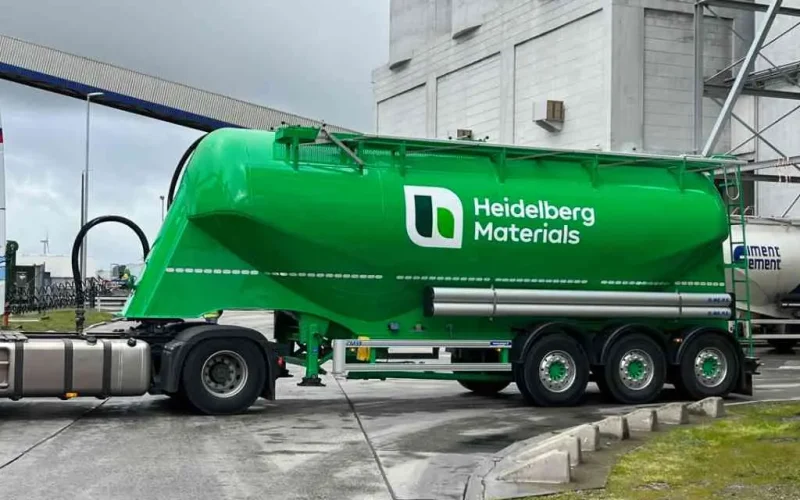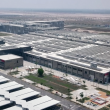Heidelberg Materials has secured planning permission to construct a carbon capture and storage (CCS) facility at its Padeswood cement works in Flintshire, north Wales. The approval, granted by Planning and Environment Decisions Wales, marks a significant step in the UK’s efforts to decarbonise heavy industry.
The proposed facility will capture up to 800,000 tonnes of carbon dioxide annually from the cement production process, with emissions transported via the HyNet North West pipeline for permanent storage beneath Liverpool Bay. Operations are scheduled to commence in 2029, producing what the company refers to as “evoZero” cement—intended to represent a near-zero emissions product.
Simon Willis, chief executive of Heidelberg Materials UK, welcomed the development, stating: “This is fantastic news and a huge step forward for our Padeswood CCS project. Cement is essential to the UK’s transition to net zero. It is fundamental to the development of everything from new offshore wind farms to low carbon infrastructure, and the thousands of green jobs that these projects will create.”
The project is expected to create around 500 jobs during the construction phase and support 50 permanent roles once operational.
Cement production, which accounts for approximately 1.5% of the UK’s total emissions, is one of the most carbon-intensive industrial activities due to the chemical processes involved. As such, emissions from this sector cannot be significantly reduced through renewable energy alone, making CCS a critical technology for mitigation.
Heidelberg Materials, which previously signed a memorandum of understanding with energy company Equinor in 2019, has stated its intention to deliver carbon-neutral concrete by mid-century in alignment with the Paris Agreement’s 1.5°C target.
Carbon capture remains a contentious element of the UK’s climate strategy. While endorsed by international bodies such as the IEA and IPCC, critics argue it risks prolonging dependence on fossil fuels and delaying more sustainable alternatives. Nonetheless, the UK Government—under both Conservative and Labour leadership—has committed to expanding CCS capacity.
In 2024, Prime Minister Keir Starmer reaffirmed funding for key projects, including HyNet and the East Coast Cluster, with the aim of capturing and storing between 20 and 30 million tonnes of CO₂ annually by 2030, rising to 50 million tonnes by 2050.





















